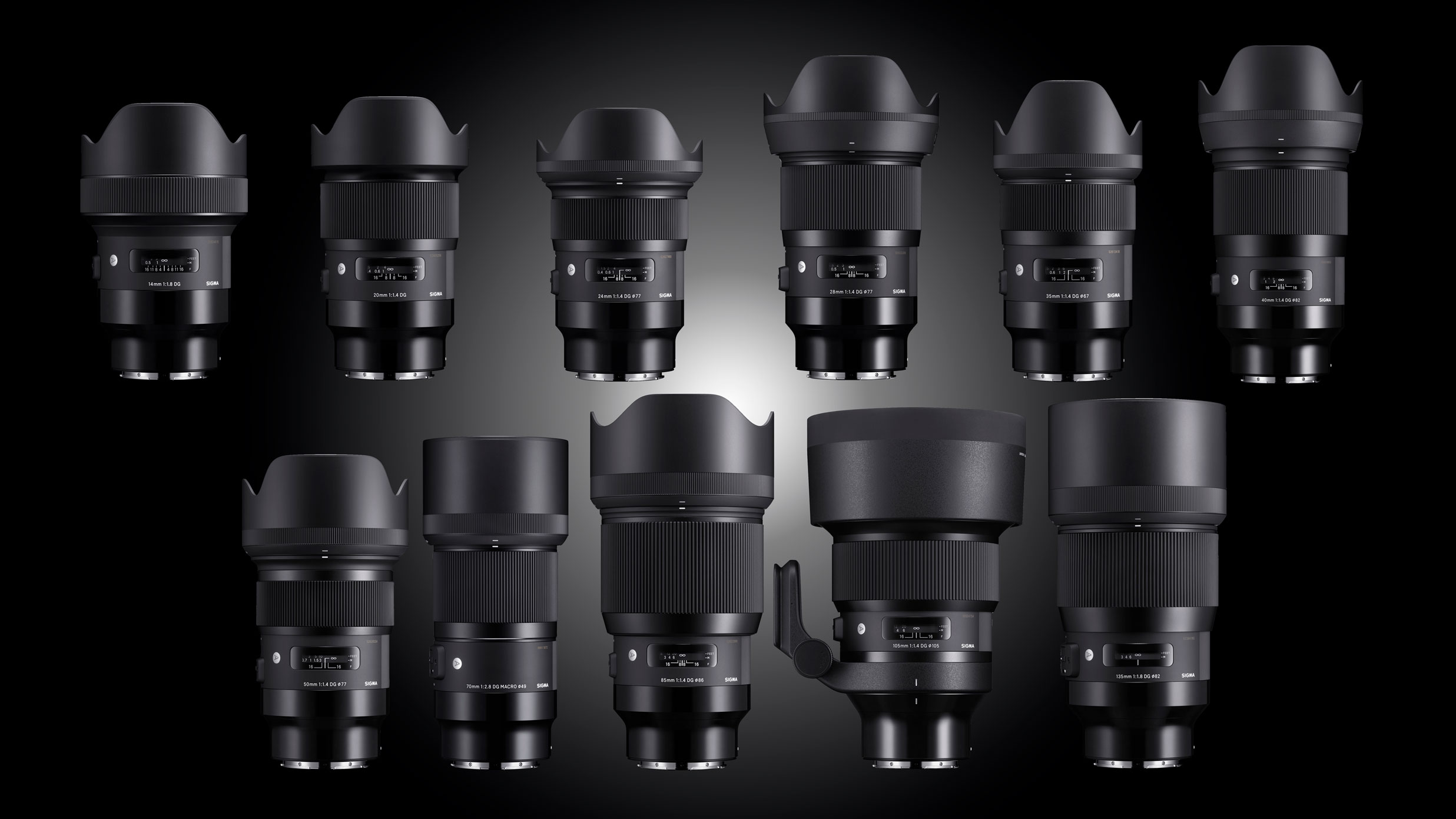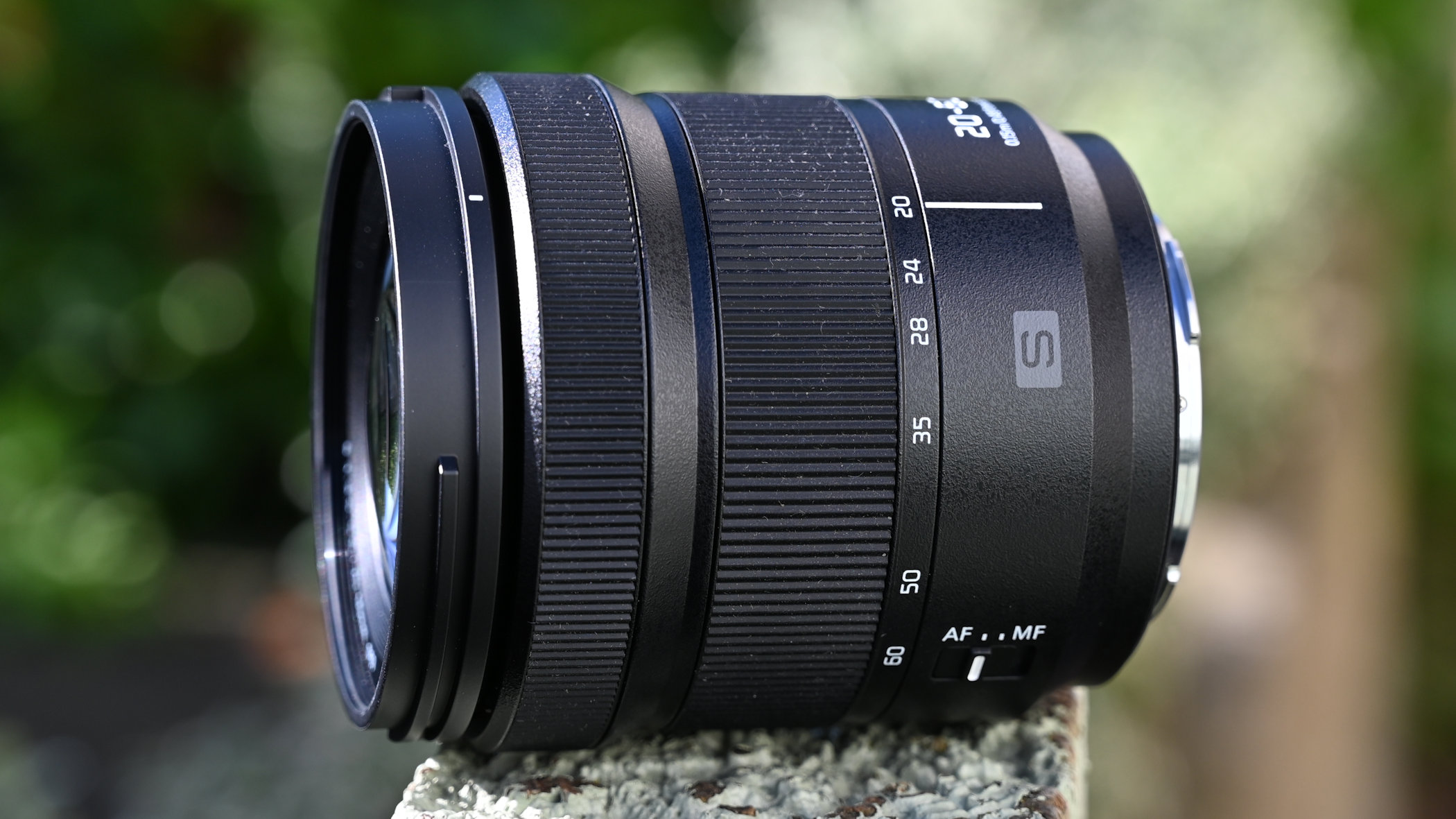
Panasonic's two new lenses will be a 'non-S Pro super-telephoto' and a 'large aperture standard zoom lens'. This information comes courtesy of website asobinet.com and is pretty much all we have right now.
The last official update to the Panasonic L-mount lens roadmap came in January 2023, and listed new Panasonic Lumix S PRO 100mm f/2.8 Macro and Panasonic Lumix S 28-200mm f/4-5.6 O.I.S lenses. These have yet to be released and are not the same as the two new lenses revealed in this latest story.
Lens roadmaps are a useful guide to what's coming and can give some reassurance about the future usefulness of a lens range, but there's often a long gap between lens roadmaps and on-sale dates.
The addition of a super-telephoto lens looks a smart move on Panasonic's part, as there's currently a pronounced hole in that part of the Lumix S lens range, with nothing longer than the Lumix S 70-300mm. Neither this nor the mystery new super-telephoto is a Pro lens, so professional sports and wildlife photographers will have to look elsewhere.

Fortunately, Panasonic is part of a three-way L-mount Alliance with Sigma and Leica, and if you're looking for the best L-mount lenses, Sigma is always there to fill any gaps in the Lumix line-up. In particular, it has the Sigma 150-600mm f/5-6.3 DG DN OS Sports, Sigma 100-400mm f/5-6.3 DG DN OS Contemporary and Sigma 60-600mm f/4.5-6.3 DG DN OS Sports in that super-telephoto zoom space.
The large aperture standard zoom lens sounds interesting, though Panasonic already has the Lumix S Pro 24-70mm f/2.8, so any new lens will have to fit in around that. It's possible Panasonic will offer a cheaper and lighter alternative, as Nikon has with the Nikkor Z 28-75mm f/2.8, but much more exciting would be a constant-aperture alternative to its extremely useful Lumix S 20-60mm f/3.5-5.6 kit lens.

Panasonic has made fast-aperture zooms before, notably the remarkable MFT format Leica DG Vario-Summilux 10-25mm f/1.7 ASPH. If Panasonic were to make an equivalent Lumix S 20-50mm f/1.8, that would be quite something, but even a Lumix S 20-60mm f/2.8 would be a great lens.
The reality may be less exciting, and all this is roadmap territory, so these are not going to make our list of the best L-mount lenses any time soon, but for now we can only hope.







